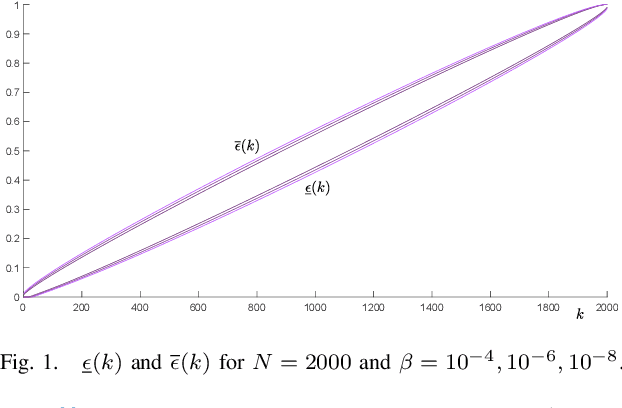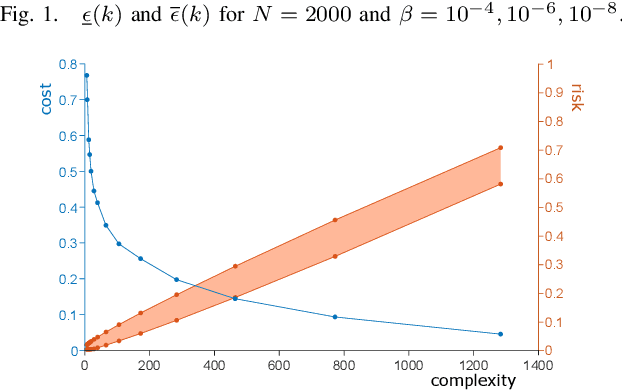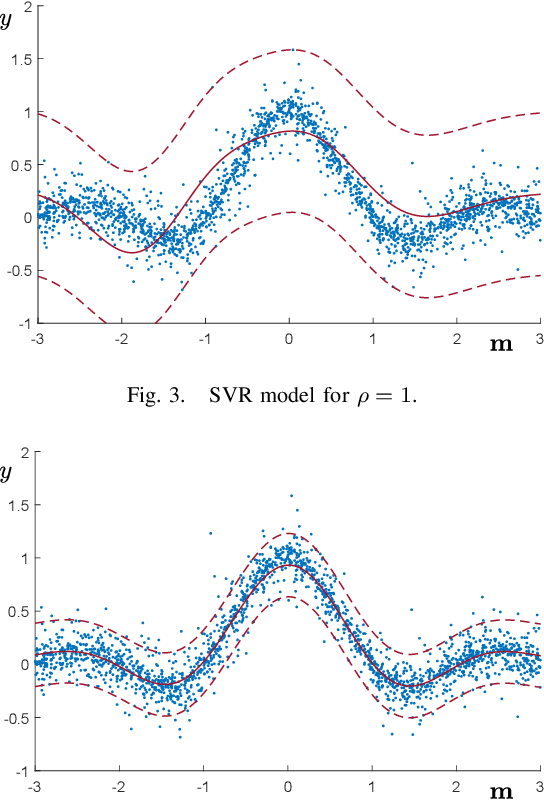Scenario optimization with relaxation: a new tool for design and application to machine learning problems
Paper and Code
Apr 13, 2020



Scenario optimization is by now a well established technique to perform designs in the presence of uncertainty. It relies on domain knowledge integrated with first-hand information that comes from data and generates solutions that are also accompanied by precise statements of reliability. In this paper, following recent developments in (Garatti and Campi, 2019), we venture beyond the traditional set-up of scenario optimization by analyzing the concept of constraints relaxation. By a solid theoretical underpinning, this new paradigm furnishes fundamental tools to perform designs that meet a proper compromise between robustness and performance. After suitably expanding the scope of constraints relaxation as proposed in (Garatti and Campi, 2019), we focus on various classical Support Vector methods in machine learning - including SVM (Support Vector Machine), SVR (Support Vector Regression) and SVDD (Support Vector Data Description) - and derive new results for the ability of these methods to generalize.
 Add to Chrome
Add to Chrome Add to Firefox
Add to Firefox Add to Edge
Add to Edge